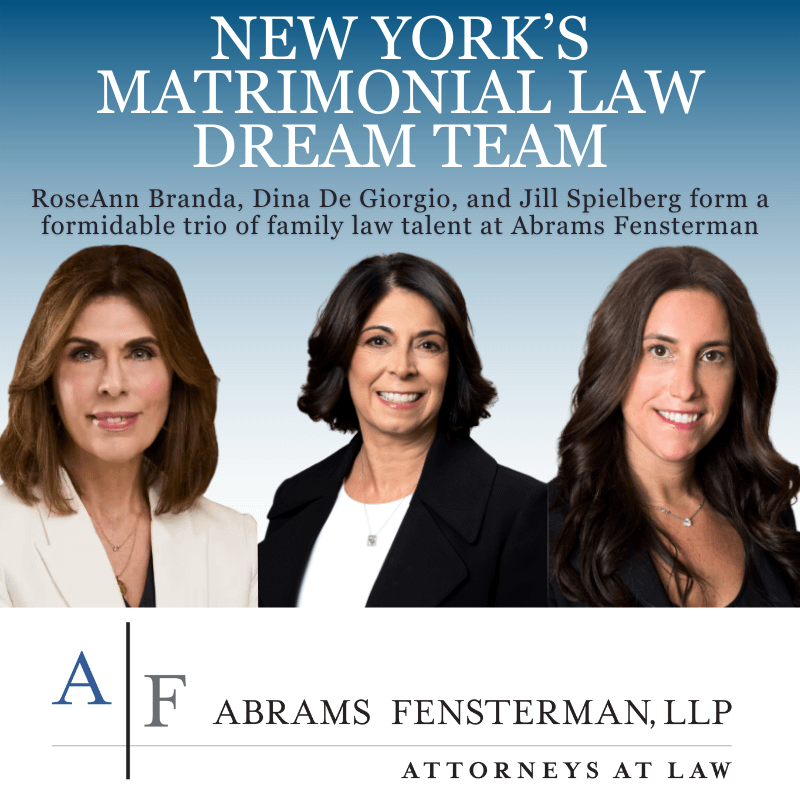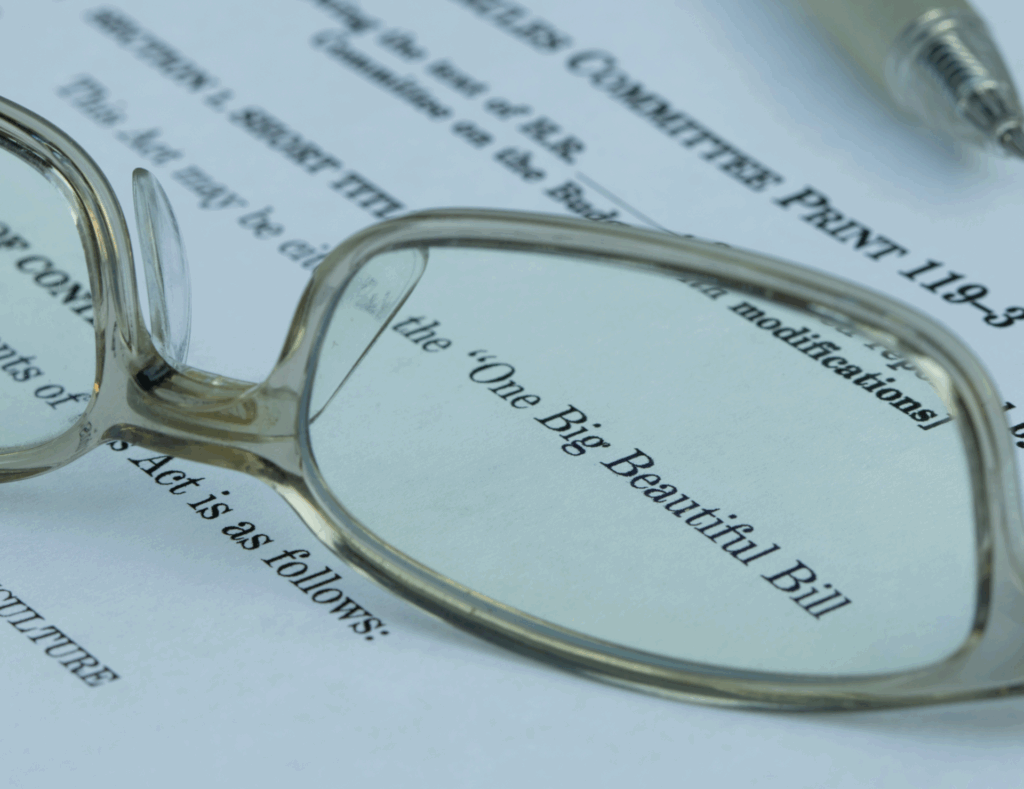Post-Kennedy Court Likely To Take Narrow View Of Title VII
A circuit split on whether Title VII’s ban on workplace sex discrimination includes bias based on sexual orientation had civil rights advocates hoping the U.S. Supreme Court would declare that federal law protects gay workers, but Justice Anthony Kennedy‘s retirement means that’s a long shot, experts say.
Justice Kennedy’s reputation as a swing voter derived largely from his siding with the high court’s liberal wing on gay rights, most notably casting the deciding vote and authoring the opinion in Obergefell v. Hodges, which made same-sex marriage legal nationwide.
But attorneys say his successor may be more willing to toe the conservative line on gay rights should the post-Kennedy court take up one of two pending petitions for certiorari on the question of Title VII’s reach.
“[Justice Kennedy’s] legacy is in this area … this is what he stood for, as being kind of the deciding vote in all these different cases,” said Michelle Phillips, a Jackson Lewis PC attorney whose practice focuses on LGBT issues. “I think whoever is vetting the potential candidates, they’re going to be careful to ensure a conservative position is maintained on the court.”
Kennedy’s retirement comes amid debate among federal courts about how to interpret Title VII’s ban on discrimination on the “basis of … sex.”
For the first half-century after Congress passed the Civil Rights Act of 1964, every appeals court to consider whether its ban on workplace discrimination covers sexual orientation said it doesn’t. But in the last few years, that blanket of precedent has frayed.
The Seventh Circuit became the first to break from its sister courts in April 2017, ruling in an en banc opinion that it’s “impossible to discriminate on the basis of sexual orientation without discriminating on the basis of sex.” And the en banc Second Circuit deepened the split in February, abandoning nearly 20-year-old precedent and reviving gay skydiving instructor Donald Zarda’s bias suit against Altitude Express Inc., his former employer. Zarda died in 2014, and his family has pursued the suit.
But not every court has followed this trend. The Eleventh Circuit last July declined to reconsider en banc hospital security guard Jameka Evans’ allegations she was fired because she is a lesbian, and last month denied Georgia municipal worker Gerald Bostock’s bid for a rehearing on claims he was a victim of anti-gay bias.
Bostock and Altitude Express appealed their losses to the Supreme Court over a five-day span last month. If either petition is accepted, Kennedy’s departure means its authors will argue before a very different bench than the one they appealed to.
Though Kennedy was appointed by Ronald Reagan and sided with the court’s conservatives in many matters, he frequently voted with the liberal wing on LGBT issues. In his three decades on the bench, Kennedy penned opinions that blocked states from proscribing laws making sexual orientation a protected class, struck down state laws against sodomy, and gave same-sex couples the right to marry.
Given his track record, Kennedy’s retirement has LGBT advocates worried.
“There are no guarantees, nor do we count on any one particular justice, but [Justice Kennedy] is somebody who had shown to be, at least in the realm of LGBT rights, an ally,” said Lambda Legal attorney Omar Gonzalez-Pagan, who is involved in Zarda and other recent cases. “So we do have some concern.”
If Kennedy’s loss weren’t enough, it’s likely he’ll be replaced by someone hand-picked for his or her conservative views on social issues, attorneys say. President Donald Trump is reportedly choosing from a list of a few dozen people, any one of whom would likely be to Kennedy’s right on gay rights.
“Everybody feels this is where we’re going to see the most change,” said Collin O’Connor Udell, a Supreme Court litigator at Jackson Lewis PC. “President Trump has said he wants to nominate people that want to overturn Roe v. Wade … I imagine that with respect to gay rights, it’ll be like that as well.”
But it’s not a foregone conclusion that Justice Kennedy’s successor will be a conservative hard-liner, Littler Mendelson PC attorney Stephen Melnick said.
With Republicans holding just a 51-seat majority in the Senate, the president may have to nominate someone in the middle to stock the court quickly, he said.
“It’s possible that the president would want to appoint someone who is a moderate in LGBT issues, to tamp down any strong dissent to the appointment,” Melnick said. “If not … it is likely that a more solidly conservative court would interpret Title VII narrowly.”
The dispute is one of statutory construction at its heart, so there’s some hope for gay rights advocates at the post-Kennedy court.
While a ruling in Zarda or Bostock would expand or shrink gay rights, the underlying legal question is semantic: Does the word “sex” in Title VII’s ban on discriminating against workers on the “basis of … sex” encompass sexual orientation? Judges have so far answered that question in a variety of ways.
“If you read all the varying decisions in the Zarda case, the concurrences and the dissents, there’s not disagreement on whether it’s a good policy to protect people from sexual orientation discrimination,” Abrams Fensterman employment practice head Sharon Stiller said. “But there is substantial disagreement on what Title VII means.”
Gay rights advocates have three main arguments against the narrower interpretation: it treats men who date men differently than it does women who date men, it treats workers differently based on the sex of those they date and it punishes gay workers for failing to meet the stereotype of dating members of the opposite sex.
Though conservative appointees are viewed as predisposed to rule against gay rights, the Seventh and Second Circuits ruled for workers “by lopsided margins” that don’t align with the courts’ political makeups, Gonzalez-Pagan said.
“Of those arguments, different judges of different persuasions have adopted and endorsed different ones,” Gonzalez-Pagan said. “It’s a full menu of possibilities.”
–Additional reporting by Michael Phillis and Diana Novak Jones. Editing by Kelly Duncan and Pamela Wilkinson.





